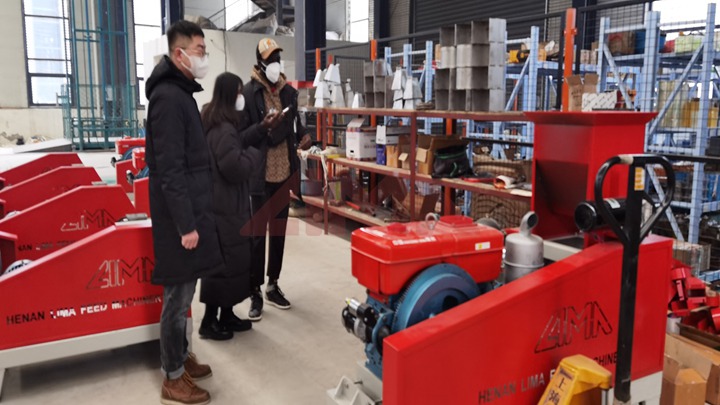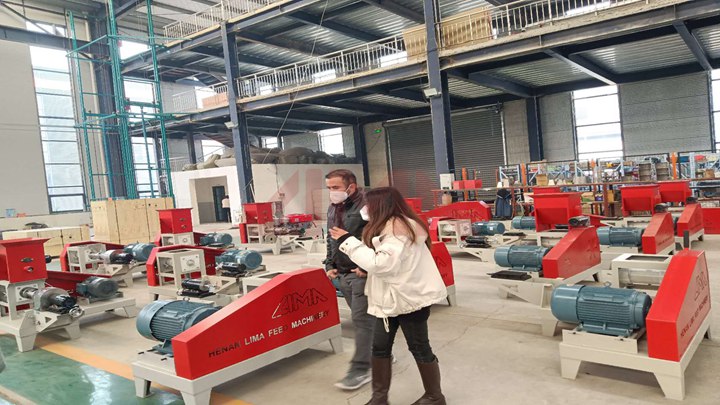.jpg)
Jul 1, 2014 · The main reason for the high cost of tilapia in Ghana is the cost of feed, which at the current average price of about $1.70/kg and constituting about 70 percent of production cost in cage farming, makes it almost impossible to cut the cost of production.
.jpg)
There are two main ways to obtain feed for fish farming in Ghana: locally produced feed and imported feed. However, fish feeds locally produced are in bad quality as most of them are not extruded. Imported feed is appropriately 30% more expensive than locally produced.
.jpg)
Tilapia fish feed extruder machine manufacturers in Ghana In Ghana, fish feed is imported duty-free and operated by the private sector. All imported feeds are float-expanded feeds with particle sizes ranging from 0.3 mm to 6 mm. Powder/shredded fish feed is also imported.
.jpg)
Aug 17, 2016 · After the publication of a study last year showing the potential for the development of a tilapia farming industry in Ghana, the Dutch Embassy in the country recommended its government to support local feed production as there was only one aquafeed producer in Ghana at that time.

Mar 31, 2014 · Tilapia production is predominately all-males raised in cages in the 8,500 sq.km Volta Lake formed from the Akosombo hydroelectric dam built in the 1960s. The fish are reared in locally made 125 cu. m cages, raising 10,000 fish to 300-400g in five months.

Jan 1, 2014 · Ghana's fish output from culture has expanded at an average annual growth rate of 50% since 2004, and is gradually making up for the deficit of over 50% between domestic fish demand and supply [3].